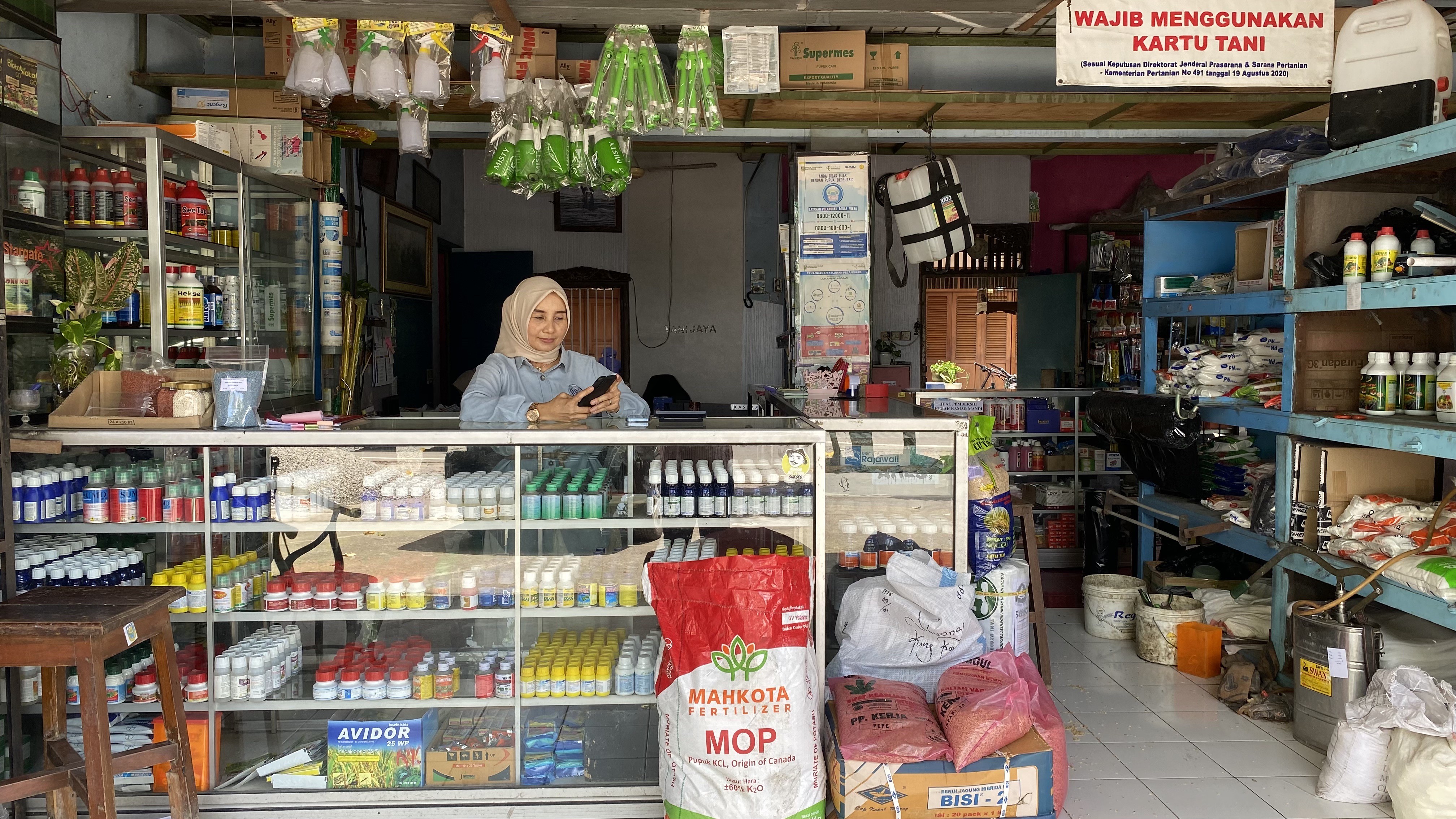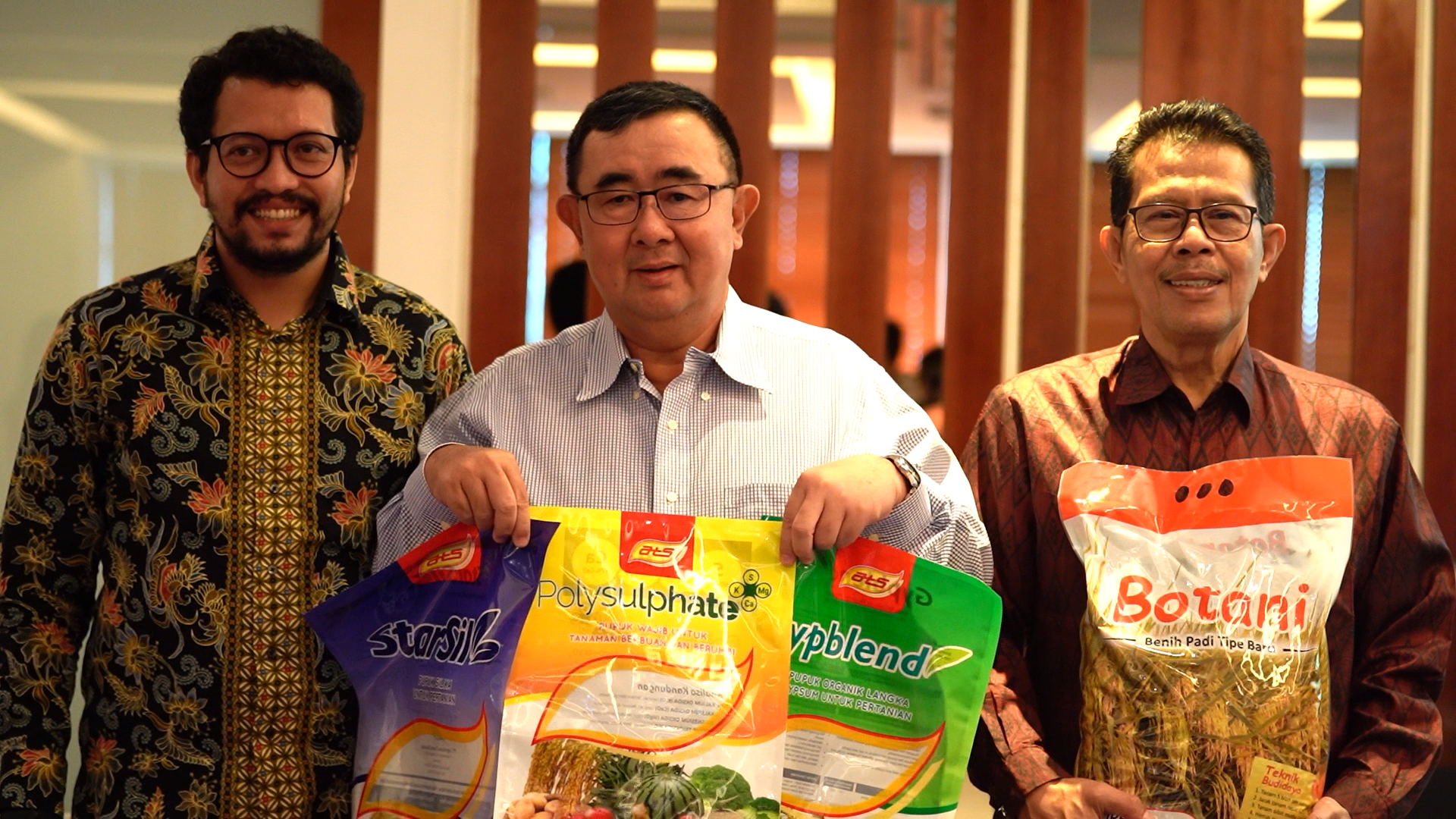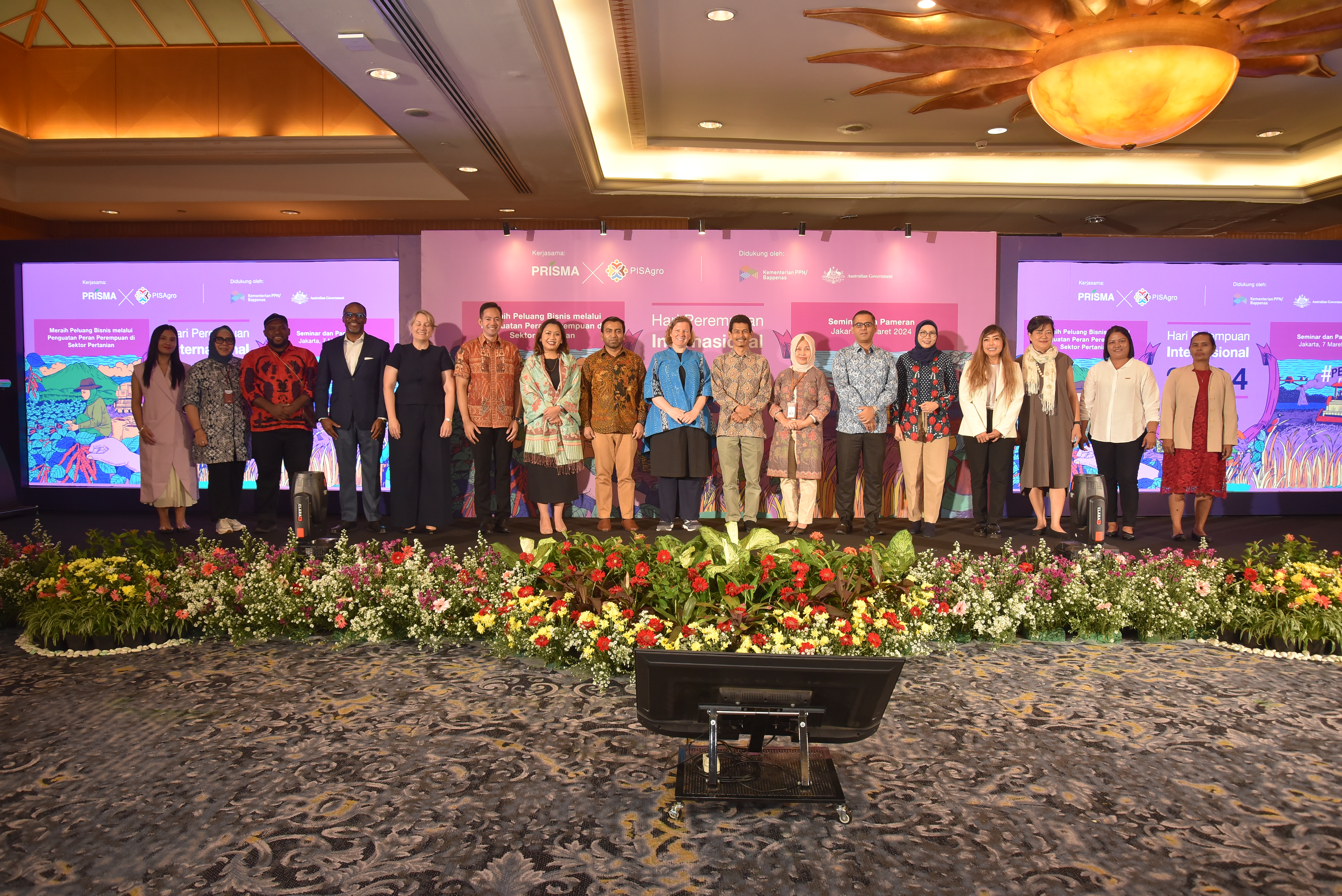Livestock production contributes to climate change, with cattle producing 14.5 percent of global greenhouse gas emissions. Each year, a single cow emits about 220 pounds of methane. Cattle methane is shorter-lived than carbon dioxide but 28 times more potent in warming the atmosphere.
Concerns about methane gas production are mounting as global meat and milk production rises. Worldwide beef and milk production has been projected to increase by 19 percent and 33 percent by 2030, respectively, contributing to feeding an estimated 8 billion people. Over 80 billion animals are slaughtered annually, producing 48,340 million tonnes of meat for human consumption.
The risk of methane emissions increases is higher in middle-income countries like Indonesia. Indonesia is still dominated by smallholder farmers who use inefficient farming practices. This leads to lower growth rates and potentially higher greenhouse gas emissions per unit of meat or milk produced. Indonesia is one of the largest beef producers in Southeast Asia. Projected growth in annual beef meat consumption is expected to reach 10.3 percent by 2025, with a projected increase of 20.4 percent by 2045. Beef is crucial for diet and religious ceremonies, as more than 85 per cent of the Indonesian population is Muslim.
As demand and supply grow, the industry is considering ways to minimise its harmful environmental effects. An environmental life cycle impact assessment study conducted by PRISMA in 2018 revealed that using a more nutrient-dense feed (concentrated) can lower the greenhouse gas emissions produced by animals. PRISMA has worked on partnerships to expand the use of concentrated feed since 2015; nonetheless, it has noticed further opportunities to decrease greenhouse gas emissions through feeding and animal nutrition innovations.


















